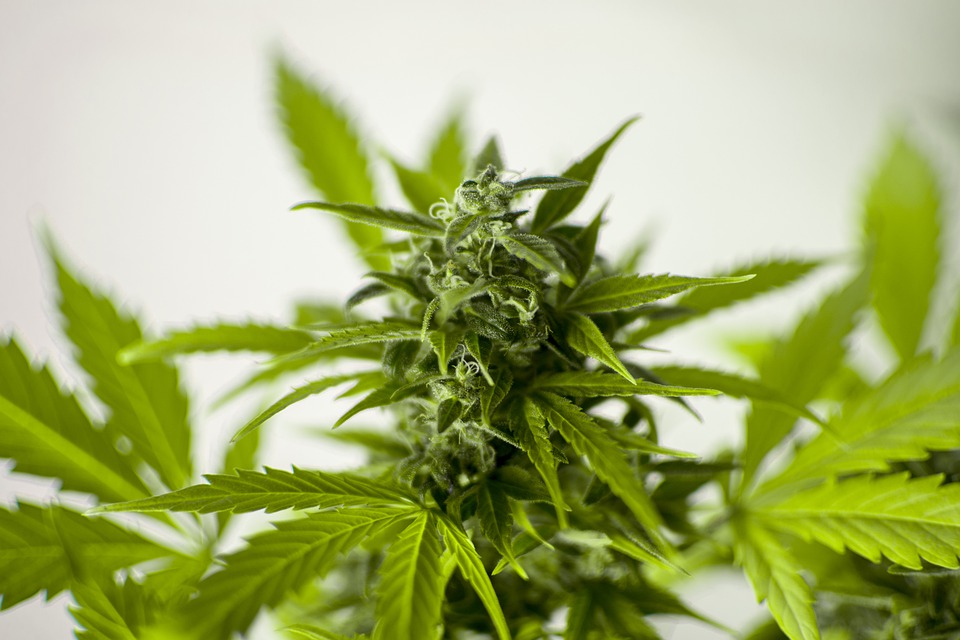The cannabis industry is finally becoming more regulated globally. This also means that patients, in particular, are becoming more hip to what is actually in the products they are consuming… And testing it for themselves.
In turn, this is leading to consumer-led lawsuits just about everywhere cannabis is now offered – and in both medical and recreational forms.
In Canada, for example, three class-action lawsuits were launched this spring after consumers claimed to have found pesticides in the cannabis they received from top licensed Canadian distributors which are approved for food but have a negative health impact when burned. This in turn led to a major response from licensed LPs to deal with what was also at this point a matter of public confidence. While it is unclear whether these lawsuits will be certified, there have been not only recalls, but a major focus on the issue of pesticide regulation at the top of the food chain – with Health Canada. And with all of the licensed producers involved.
In California right now, the only state without third-party testing regulations, it is also shaping up to be a major headache. It is unclear what is behind the current wave of lawsuits against dispensaries in the state (although they also appear to be funded by an anti-cannabis group). However the pesticide discussion is just getting going here when it comes to cannabis, and will absolutely be a major issue going forward in the regulation of the recreational market. What goes in California on consumer rights issues like this, tends to roll east if not in a federal direction.
Israel is also not immune to this kind of issue, even though it has the world’s oldest medical program. As it expands, it is running into the same problems now found in other markets – including regulation of pesticides used in the production of the plant.
There are absolutely unscrupulous actors in the market when it comes to even “legit” cannabis production. This was obvious even from the start of the Colorado market. Regulation of anything in state is a dirty word. However there are other issues at play here too. Cannabis is a plant which can be smoked and is also edible. Further, the psychoactive element of the plant needs heat to be converted into a psychoactive element. For this reason, cannabis already falls into a legal grey area. Everywhere.
Add to that the political and medical impact of legalization and there is a fertile ground for a discussion that is still evolving legislatively and far too slowly. What does that ultimately mean? Expect more lawsuits from consumers who use the courts to force governments to catch up.







